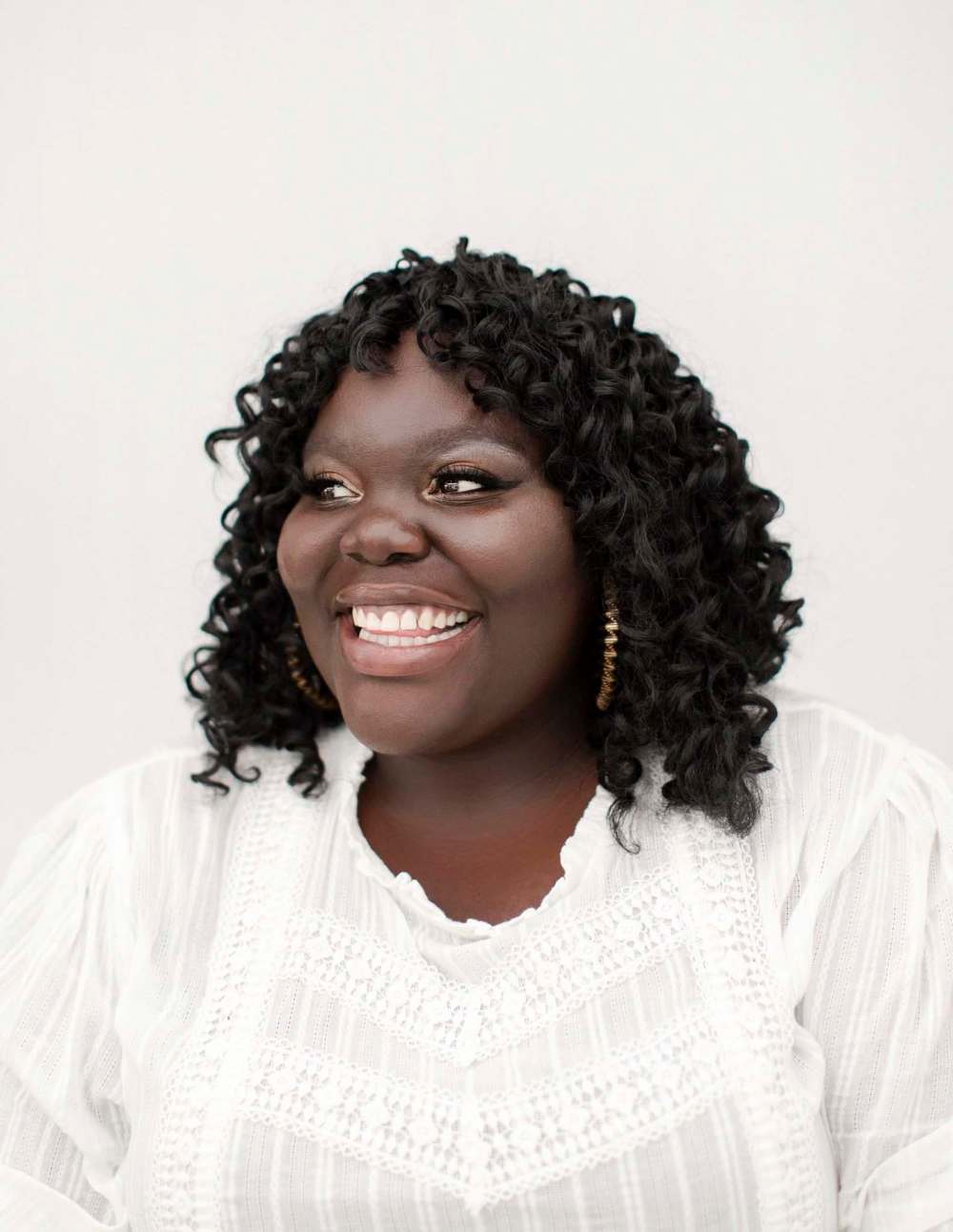Educator aiming for inclusivity
CMHR's new hire hopes to give teachers tools to create safe spaces for students
Advertisement
Read this article for free:
or
Already have an account? Log in here »
To continue reading, please subscribe:
Monthly Digital Subscription
$0 for the first 4 weeks*
- Enjoy unlimited reading on winnipegfreepress.com
- Read the E-Edition, our digital replica newspaper
- Access News Break, our award-winning app
- Play interactive puzzles
*No charge for 4 weeks then price increases to the regular rate of $19.00 plus GST every four weeks. Offer available to new and qualified returning subscribers only. Cancel any time.
Monthly Digital Subscription
$4.75/week*
- Enjoy unlimited reading on winnipegfreepress.com
- Read the E-Edition, our digital replica newspaper
- Access News Break, our award-winning app
- Play interactive puzzles
*Billed as $19 plus GST every four weeks. Cancel any time.
To continue reading, please subscribe:
Add Free Press access to your Brandon Sun subscription for only an additional
$1 for the first 4 weeks*
*Your next subscription payment will increase by $1.00 and you will be charged $16.99 plus GST for four weeks. After four weeks, your payment will increase to $23.99 plus GST every four weeks.
Read unlimited articles for free today:
or
Already have an account? Log in here »
Hey there, time traveller!
This article was published 14/09/2021 (1543 days ago), so information in it may no longer be current.
The elementary school educator who co-founded Alberta’s Black Teachers Association plans to bring her dual passions of anti-racism and technology to her new post at the Canadian Museum for Human Rights.
Sarah Adomako-Ansah, whose resumé includes eight years of teaching students in grades 3 to 6 in Edmonton, has been selected as the Winnipeg-based museum’s newest educator-in-residence.
“My classroom is a very inclusive, very modern space for students to come learn, maybe not in the most conventional way, but they still come out with all of the outcomes,” Adomako-Ansah said during a call from her hometown.

A proponent of inquiry-based learning, teaching with a social justice lens and technology integration, she said joining the CMHR team is a perfect fit.
In her new role, which Adomako-Ansah will take on remotely with occasional trips to Winnipeg throughout the yearlong term, she will support the development of in-person and virtual human rights education programs.
Her goal is to equip teachers across Canada with the know-how and confidence to create safe spaces for all students of colour and implement diverse perspectives, including those of Black and Indigenous communities, into their instructional materials.
“We all, unfortunately, have biases within us that maybe we don’t know too much about or we don’t want to explore, but I think it’s important to be open with ourselves,” she said, adding: “Kids can smell fake a mile away.”
At St. Pius X Elementary School, she has often taught by encouraging open-ended questions to spark conversations about race and other topics.
On the day after American George Floyd died in May 2020, as a white police officer kneeled on his neck for more than nine minutes, Adomako-Ansah picked an Eritrean student to select their “morning discussion question.” The sixth grader’s question: “Why does this keep happening?”
The query prompted a deeply upsetting conversation during which many Black students expressed anger that someone had again died because of their skin colour and that Floyd could just as easily have been them or a loved one.
Not long after, a friend, Andrew Parker, called Adomako-Ansah to discuss a similar conversation he had with his students. Their call sparked the creation of an association aimed at sharing anti-racist resources and supporting teachers of colour.
Alberta’s Black Teachers Association has since grown from two members to 75 Black educators and hundreds of allies, who participate in everything from Zoom workshops to “Melanin Mondays” — a weekly feature of different racialized school staff on social media.
Adomako-Ansah said the power of representation cannot be underestimated: she has seen it firsthand, as a Black woman who had to wait until Grade 9 to be instructed by a person of colour, and more recently, by watching her Black students get excited when she compliments their braids.
Her appointment comes as the CMHR is rebuilding its reputation as a human rights hub after allegations of workplace discrimination, racism towards staff and censored tours came to light in 2020.
Last summer, an external investigation determined “pervasive and systemic” racism had gone unaddressed by management for years and employees had been directed to conduct tours for certain student groups that excluded LGBTTQ+ content in the past.
Adomako-Ansah said the incidents are disappointing, but owning up to mistakes and learning from them speaks volumes.
“That has been so major — to say… ‘We know that we need to make changes,’” she said. “Part of my job is to help with those changes.”
maggie.macintosh@freepress.mb.ca
Twitter: @macintoshmaggie

Maggie Macintosh
Education reporter
Maggie Macintosh reports on education for the Free Press. Originally from Hamilton, Ont., she first reported for the Free Press in 2017. Read more about Maggie.
Funding for the Free Press education reporter comes from the Government of Canada through the Local Journalism Initiative.
Every piece of reporting Maggie produces is reviewed by an editing team before it is posted online or published in print — part of the Free Press‘s tradition, since 1872, of producing reliable independent journalism. Read more about Free Press’s history and mandate, and learn how our newsroom operates.
Our newsroom depends on a growing audience of readers to power our journalism. If you are not a paid reader, please consider becoming a subscriber.
Our newsroom depends on its audience of readers to power our journalism. Thank you for your support.


